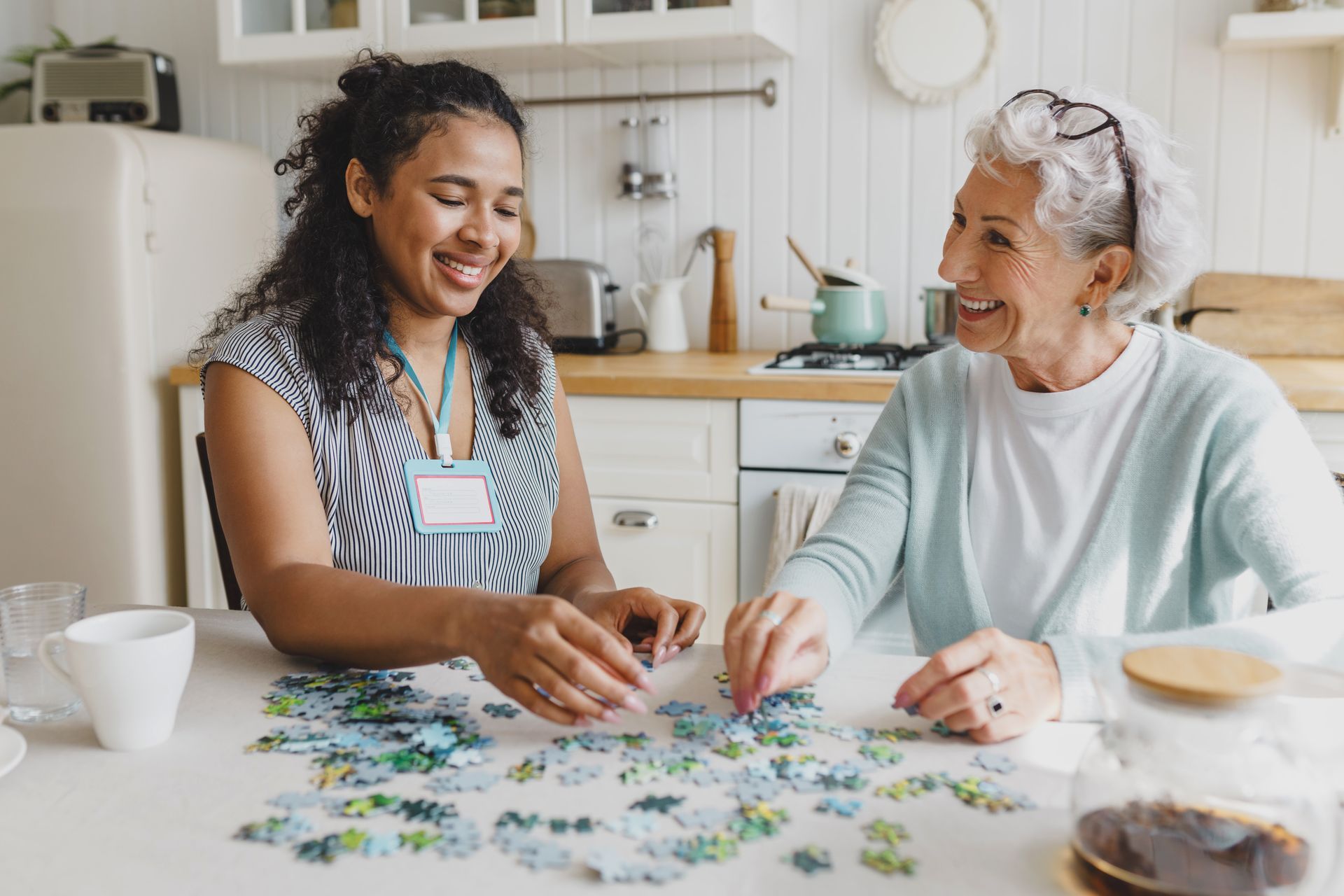The benefits of taking an end-of-year break

The benefits of taking an end-of-year break
The COVID-19 pandemic has played a huge role in shifting people’s mindsets in the context of work – from where we work, to how we work, to when we work. Early on, the initial switch to a work from home environment quickly became the norm and in the months that followed, the new reality of post-lockdown flexibility became a regular part of our lives.
Now that people have had a taste of a more functional work/life balance they may be feeling well rested, closer to their families and more in control of the tasks and responsibilities that come with everyday life. Although it is fantastic that new-found luxuries have been achieved through a healthy work/life balance they should not take the place of a good old fashioned break, and while for many of us the daily grind has become a little bit easier to manage it does not mean that we can forego the benefits of coming to a complete stop and putting some distance between us and our work.
There are so many positives to taking an end-of-year break but somewhere along the line in our busy lives the social pressure to maintain the hustle has crept in. Taking a break from work should not be seen as escaping or shirking responsibilities. In fact, at helpz, we view time off as an essential factor in prioritising and maintaining good health and seeking clarity and introspection, which in turn is the sign of a strong work ethic. We believe that time off should be encouraged, particularly at the end of yet another busy year.
Here’s why we feel so strongly about it.
Taking a break to mitigate risk
Preventative care plays a large part in sustaining a healthy lifestyle, which is why taking breaks only when we feel truly burnt out is less beneficial than taking a holiday whilst we are feeling our best and are in the right mindset to appreciate the break. At times we can even become too busy to realise we are in dire need of a disruption to our day-to-day, and at other times our mind and body will be begging for it – which means the damage has already begun to occur.
By neglecting to take a well-deserved break (even if you don’t feel like you need one), you are not only denying yourself the benefits, but you may also be compounding the hidden, adverse effects that soldiering on can have on your wellbeing.
At helpz, we offer flexible working conditions, sector-leading salaries and job security to ensure our people can achieve the healthy work/life balance we know is critical to mitigate the risk of burn out and the detrimental effects it can have on a person’s wellbeing.
When you’ve reached breaking point
When you go too long without taking a rest the negative effects can be life-altering. You may notice some of the following signs in yourself or in others during particularly busy periods at work, especially as the year winds down and we all race to check off our to-do lists.
These are all key indicators that you are overdue for a well-earned break.
· An increase or decrease in appetite
· Unexpected weight gain or loss
· Disillusionment with your career
· Decreased performance at work
· Difficulty concentrating
· Frequent or hard-to-shake illness
· Lack of energy and motivation
· Frustration and mood swings
· Brain fog and an inability to stay focussed
· Headaches, joint and muscle pains and/or gastrointestinal changes
· Disturbed sleep
· Increase in the consumption of alcohol or other drugs
· Anti-social behaviour and/or the desire to withdrawing from friends, family, or co-workers
Even if you aren’t experiencing any of the above, taking a break can help you to get ahead of even the slightest of changes to your physical or mental wellbeing before they become a problem.
helpz has in place all the mechanisms to ensure you feel free to take the leave you are entitled to, in addition to offering flexible working arrangements during your working periods so you can maintain the mindset required to excel at your job and enjoy your personal time, too.
We want all of our allied health professionals to feel excited, energised, motivated and engaged and we feel that people are at their best when they have had a chance to switch off, recharge and return to work after a period of leisure in which they have not needed to think about their job at all.
How can an end of year break improve your wellbeing?
There are so many benefits to taking a break from work, including:
- A rest for your physical being – allowing yourself to sleep in, go to bed early or just generally exert less energy than you would on a typical work day can work wonders for the body. Although we aren’t suggesting you become completely sedentary, allowing yourself to take it easy can help the body heal and regenerate.
- Increased motivation – reprieve from the daily grind can help change your outlook and renew your motivation and drive. You may have fresh ideas and find that some time away from work renews your excitement about your career or something in your personal life you had lost interest in.
- Clearer thinking – freeing up space to think about things other than work - particularly in a health-related role where patient care can cause compassion fatigue - allows you to refocus your energies. You may find that your creativity, memory and sleeping patterns improve during and after periods of annual leave.
- Reduced stress levels – it goes without saying that stress tends to dissipate when our responsibilities are reduced. By taking a break from work you will have more time to focus on getting on top of or ahead of personal matters that may be playing on your mind and adding to your stress levels.
Tips for taking a break
It can be difficult to switch off completely, especially when our work is so easily accessible in our personal space. To fully enjoy your time off you must be able to completely detach from work, so put that 'out of office' message on and try to resist the urge to check your email.
If it suits your situation, try to have a complete change of scenery – whether that means skiing in Canada, sky diving in New Zealand or snorkelling in Fiji. If staying closer to home is a better fit right now there is a lot to be said for enjoying a staycation at a local hotel or by using time off work to start a passion project or make DIY improvements around the house. It can also help you to connect to your community, which has its own wonderful health benefits.
Often referred to as a ‘playcation’ some people choose to save money on flights and hotels and become a tourist in their own city by exploring new restaurants and attractions they wouldn’t normally attend during their busy personal time.
Whatever it is that you choose to do in your downtime, make sure it eases your stress levels and leaves you feeling refreshed, revived and relaxed.
For more information on how helpz supports its people to bask in the benefits of flexible working and a well-deserved end-of-year break click here.







